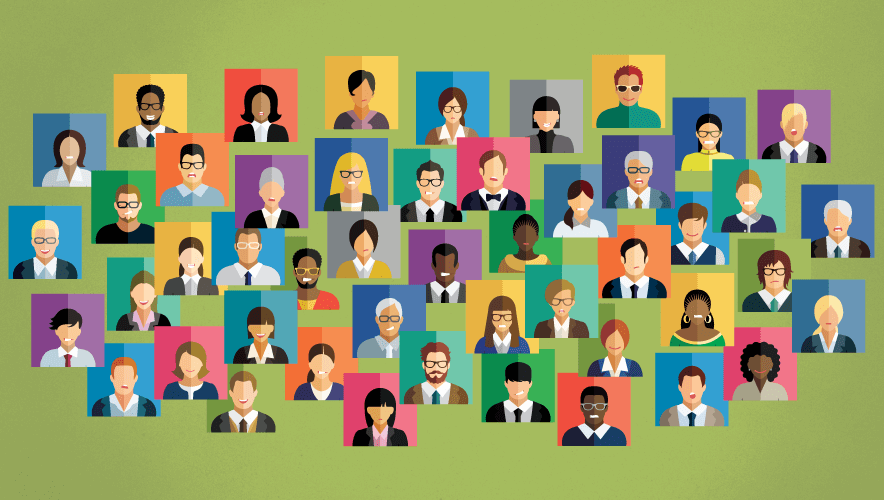By ROD AMNER and NYX MCLEAN
We are a community made up of many different lived experiences and ways of thinking about the world. Every one of us matters, and what we have to say about the world matters. It makes for a richness to life that would be otherwise one-dimensional if we all thought the same way.
Those lived experiences and perspectives will sometimes clash, as we have seen around COVID-19 and vaccination conversations. Different views are important, but when the diversity of thinking devolves into name-calling, stereotyping, and violent speech bordering on hate speech – if not crossing right over – we need to take pause and have a conversation as a community.
This week, the Grocott’s Mail news diary had to take pause when somebody posted a comment to a story on Jeff Peires’s lecture on the 1820 Settlers. This comment was racist and flat in its (lack of) argument. It did not offer anything to the bigger conversations that we should have about our shared history other than to provide a perspective that did not account for the violence that many people experienced as Grahamstown became Grahamstown. We are not going to unpack that comment here; we are only going to say that we do not condone such comments.
While we are all entitled to freedom of speech and expression, we need to consider carefully what it means when we speak words that harm others or have the potential to harm others. There is a place for robust debate in our community, and it is encouraged. But our discussion cannot come at the expense of the wellbeing of others.
If we do not understand people’s lived experiences or identities, we should refrain from dismissing their experiences. We recently posted an article on pronouns for International Transgender Visibility Day, and immediately someone made a dismissive comment. We hid that comment because it was not valuable, and did not further any meaningful conversation. More so, it risked being painful to our transgender readers. Transgender experiences are difficult and challenging to navigate, and they are certainly not experiences or identities that should be up for public debate or public opinion.
Some may argue that Grocott’s Mail should be ‘objective’. That would be fine if we were apolitical and operating as an ‘ordinary news organisation’, but we are not. We are a community newspaper. We recognise the role we play in the community, and we work from a space that seeks to keep the community’s interests and wellbeing at heart. We also recognise what our silence would mean to many people.
We are also a teaching newspaper. If we remain silent on critical issues and do not challenge harmful worldviews or allow comments that are harmful to stay, then what are we telling them about how they should practice journalism? What examples are we setting for the future of journalism where more and more we need journalists who work to identify solutions to our communities’ problems and work with communities for the good of all its people?
This is not to say we do not want to have conversations with each other, conversations that may be difficult to have – only that we hope that the difficult conversations are argued carefully and sensitively with genuine consideration for people’s experiences. We need conversations that can move us forward as a community.


